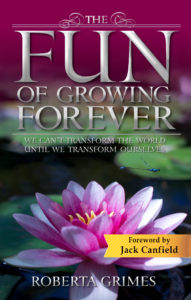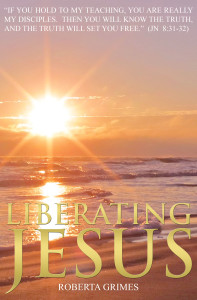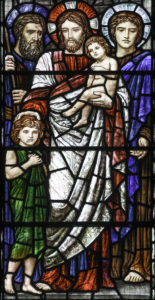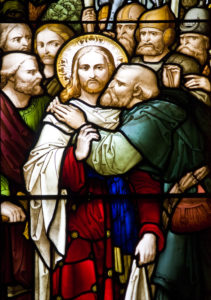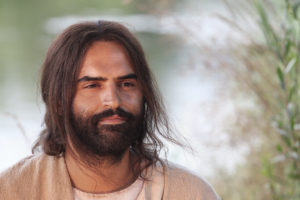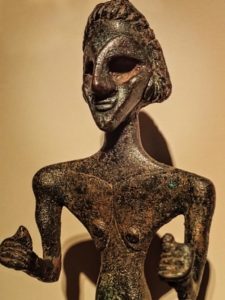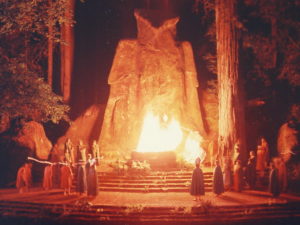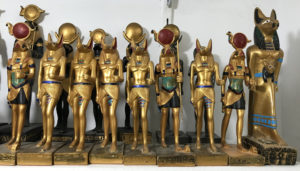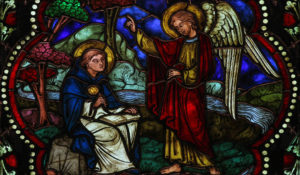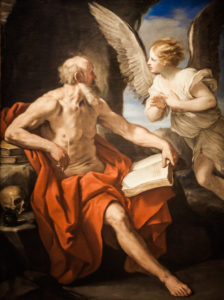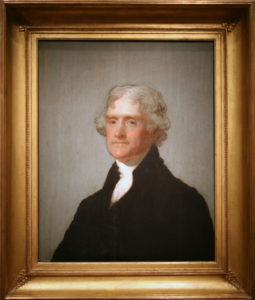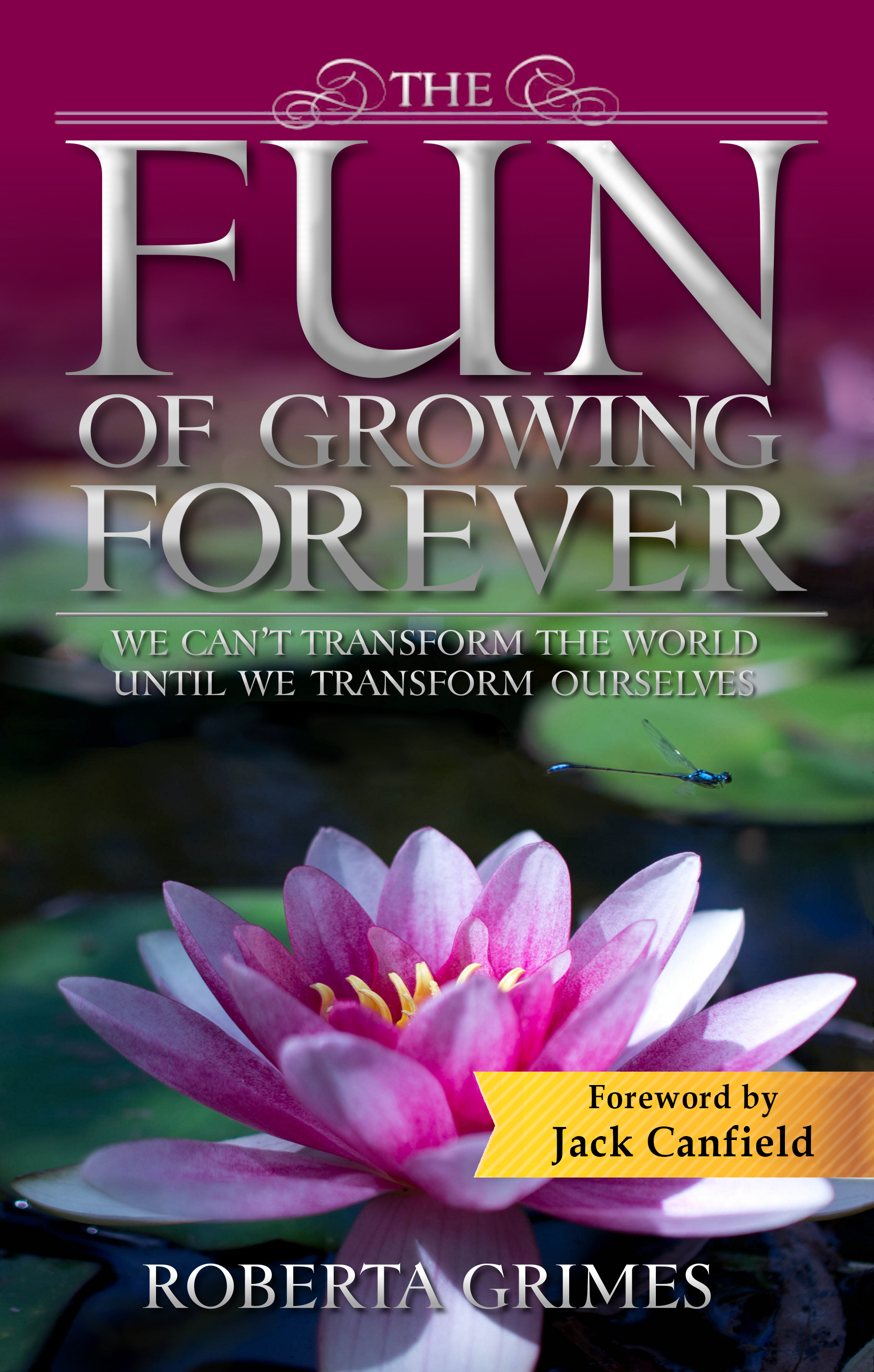I don’t know how to love him.
What to do, how to move him.
I’ve been changed, yes really changed.
In these past few days, when I’ve seen myself,
I seem like someone else.
– Andrew Lloyd Webber & Tim Rice, from “Jesus Christ Superstar” (1971)
 Animals reshuffle genetic material in the process of producing each new generation. The usual method of mixing genes involves two genders, one of which has a penis that is inserted into the vagina of the other. To make animals want to reproduce, the act itself is pleasurable; and every material body has a powerful drive to do this odd thing at certain times of its life. But that’s it! Sexual intercourse is a minor aspect of the broad scope of human activities, which fact feels confounding when you realize how much of a fuss we have made about it for all of human history.
Animals reshuffle genetic material in the process of producing each new generation. The usual method of mixing genes involves two genders, one of which has a penis that is inserted into the vagina of the other. To make animals want to reproduce, the act itself is pleasurable; and every material body has a powerful drive to do this odd thing at certain times of its life. But that’s it! Sexual intercourse is a minor aspect of the broad scope of human activities, which fact feels confounding when you realize how much of a fuss we have made about it for all of human history.
The divine love that Jesus taught is so different from most of the emotions that we think of as “love” that it is going to take some effort for us to learn to love in the Lord’s Way. And because the act of sexual intercourse is pleasurable and surrounded by rules and taboos, while at the same time it requires our interacting with other people in complex ways, our sex lives can be an excellent place for us to begin to practice the love that Jesus taught.
 Nearly all religions are obsessed with controlling our sexual activity. For example, there are strict notions in every Christian denomination about what is and what is not acceptable sexual behavior; and yet, too often Christians will suffer an overpowering need to violate their own religious laws. They will then be harshly judged and disgraced. Meanwhile, we are allowing our children to be sexualized to an appalling extent! These three problems – our struggles with sexual temptation, all the judgmental Christian congregations, and our grotesque worldwide obsession with sex that is deeply harming our next generation – all spring from our historical obsession with treating the sex act as deliciously forbidden and thereby heightened in importance beyond reason. Unless we can get past our negative obsession with our own sexuality, we never will raise this planet’s consciousness vibrations enough to bring the kingdom of God on earth.
Nearly all religions are obsessed with controlling our sexual activity. For example, there are strict notions in every Christian denomination about what is and what is not acceptable sexual behavior; and yet, too often Christians will suffer an overpowering need to violate their own religious laws. They will then be harshly judged and disgraced. Meanwhile, we are allowing our children to be sexualized to an appalling extent! These three problems – our struggles with sexual temptation, all the judgmental Christian congregations, and our grotesque worldwide obsession with sex that is deeply harming our next generation – all spring from our historical obsession with treating the sex act as deliciously forbidden and thereby heightened in importance beyond reason. Unless we can get past our negative obsession with our own sexuality, we never will raise this planet’s consciousness vibrations enough to bring the kingdom of God on earth.
The problem is not the act itself. Sexual intercourse is a bodily function that is fully as morally neutral as eating. But with intercourse, what should be a natural act is complicated by a mess of rules and taboos that damage many people’s lives. And our deeply judgmental views on sex are splintering the forty thousand versions of  Christianity even more! To move all modern societies toward a love-based and not a fear-based view of sexuality, we first must understand the ancient mindset that still underlies all our modern taboos. The two rules that follow are from the Christian Old Testament and based in Hebraic law, and they are typical of the mindset of the ancient world:
Christianity even more! To move all modern societies toward a love-based and not a fear-based view of sexuality, we first must understand the ancient mindset that still underlies all our modern taboos. The two rules that follow are from the Christian Old Testament and based in Hebraic law, and they are typical of the mindset of the ancient world:
*Female Sexual Behavior Must be Strictly Controlled. The ancients wanted paternal certainty, so female extramarital sex was forbidden. If a new bride was found to be not a virgin, “then they shall bring out the girl to the doorway of her father’s house, and the men of her city shall stone her to death” (Deut 22: 21).
* Male Sexual Behavior Should be Focused. Many children died, which meant there had to be a lot of extra births. This led to a strong cultural preference that all semen emissions be penis-into-vagina. Masturbation was frowned upon, semen emissions were considered unclean (e.g. Lev 15:16-18), and “If there is a man who lies with a male as those who lie with a woman, both of them have committed a detestable act; they shall surely be put to death” (Lev 20:13). Female homosexuality is not mentioned, perhaps because it doesn’t interfere with reproduction.
In the Old Testament, every act of sexual intercourse is a matter of public importance. To change that, Jesus had to do away with all the human-made Old Testament laws and replace them with God’s law of love. He reinforced His abolition of all religious laws, but He did it carefully, since for Him to have been heard by the Temple authorities speaking against an Old Testament law would have been a crime punishable by death. Still, He did what He could. For example:
“Now it happened that Jesus was passing through some grainfields on a Sabbath, and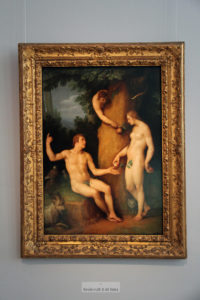 His disciples were picking the heads of grain, rubbing them in their hands, and eating them. But some of the Pharisees said, “Why are you doing what is not lawful on the Sabbath?” And Jesus, answering them, said, ‘Have you not even read what David did when he was hungry, he and those who were with him, how he entered the house of God, and took and ate the consecrated bread, which is not lawful for anyone to eat except the priests alone, and gave it to his companions?’ And He was saying to them, ‘The Son of Man is Lord of the Sabbath’” (LK 6:1-5). Whether Jesus spoke those last words or they were just implied, it was clear to those who were close to Him that He intentionally defied all the strict Sabbath rules. For example, healing on the Sabbath was forbidden, but apparently He did it often (see LK 6:6-10; LK 13:15-16; JN 5:9-10). His style seems to have been to avoid confrontations, and instead to teach that the old rules were gone by displaying repeated casual violations of them.
His disciples were picking the heads of grain, rubbing them in their hands, and eating them. But some of the Pharisees said, “Why are you doing what is not lawful on the Sabbath?” And Jesus, answering them, said, ‘Have you not even read what David did when he was hungry, he and those who were with him, how he entered the house of God, and took and ate the consecrated bread, which is not lawful for anyone to eat except the priests alone, and gave it to his companions?’ And He was saying to them, ‘The Son of Man is Lord of the Sabbath’” (LK 6:1-5). Whether Jesus spoke those last words or they were just implied, it was clear to those who were close to Him that He intentionally defied all the strict Sabbath rules. For example, healing on the Sabbath was forbidden, but apparently He did it often (see LK 6:6-10; LK 13:15-16; JN 5:9-10). His style seems to have been to avoid confrontations, and instead to teach that the old rules were gone by displaying repeated casual violations of them.
Jesus’s treatment of the woman taken in adultery is a clear repudiation of Old Testament laws. And it is quite brilliantly done! The scribes and Pharisees “brought a woman caught in the act of adultery, and after placing her in the center of the courtyard, they said to Him, ‘Teacher, this woman has been caught in the very act of committing adultery. Now in the Law, Moses commanded us to stone such women; what then do You say?’ Now they were saying this to test Him, so that they might have grounds for accusing Him. But Jesus stooped down and with His finger wrote on the ground. When they persisted in asking Him, He straightened up and said to them, ‘He  who is without sin among you, let him be the first to throw a stone at her.’ And again He stooped down and wrote on the ground. Now when they heard this, they began leaving, one by one, beginning with the older ones, and He was left alone, and the woman where she was, in the center of the courtyard. And straightening up, Jesus said to her, ‘Woman, where are they? Did no one condemn you?’ She said, ‘No one, Lord.’ And Jesus said, ‘I do not condemn you, either. Go. From now on do not sin any longer’” (JN 8:3-12). Jesus is not reported to have specifically denounced the Old Testament law against male homosexuality, but since that law is based in fear and hatred we can take His repudiation of it as a given. And my dear Thomas wants us to mention here the fact that there is evidence in the Gospels that Jesus Himself, who came from the highest aspect of the Godhead, may have been homosexual. I await a more enlightened day when Christian scholars love the Lord enough to openly discuss what many of them also by now surely must have noticed.
who is without sin among you, let him be the first to throw a stone at her.’ And again He stooped down and wrote on the ground. Now when they heard this, they began leaving, one by one, beginning with the older ones, and He was left alone, and the woman where she was, in the center of the courtyard. And straightening up, Jesus said to her, ‘Woman, where are they? Did no one condemn you?’ She said, ‘No one, Lord.’ And Jesus said, ‘I do not condemn you, either. Go. From now on do not sin any longer’” (JN 8:3-12). Jesus is not reported to have specifically denounced the Old Testament law against male homosexuality, but since that law is based in fear and hatred we can take His repudiation of it as a given. And my dear Thomas wants us to mention here the fact that there is evidence in the Gospels that Jesus Himself, who came from the highest aspect of the Godhead, may have been homosexual. I await a more enlightened day when Christian scholars love the Lord enough to openly discuss what many of them also by now surely must have noticed.
Jesus readily pardons violations of the ancient and outmoded sexual laws, but still He considers marriage to be a profound commitment. When He is asked about divorce, He says that when people marry, “they are no longer two, but one flesh. Therefore, what God has joined together, no person is to separate.” People said to Him, “Why, then, did Moses command to give her a certificate of divorce and send her away?” He said, “Because of your hardness of heart Moses permitted you to divorce your wives; but from the beginning it has not been this way. And I say to you, whoever divorces his wife, except for sexual immorality, and marries another woman commits adultery” (MT 19:6-9).
 So Jesus repudiates the sexual laws of the Old Testament, but He affirms the love-based importance of marriage. In doing this, He removes sexual behavior from the realm of public criminality and transforms it into a private matter to be lovingly handled within families. Jesus means to move us from a sexual morality rooted in fear-based tribalism to one that is deeply grounded in sexual privacy and familial love. But for two thousand years we have ignored what would have been a profoundly love-based change, and instead Christianity has kept and has enforced the ancient human-made, fear-based laws. Our only change has been to replace stoning sexual violators to death with just the pain of shame and ostracism. None of this is what the Godhead wants! None of it is based in love, and none of it improves anyone’s behavior. Indeed, it has led to a modern culture worldwide that is built around sexual titillation, with predictable bad effects on our personal lives and on the precious lives of our children.
So Jesus repudiates the sexual laws of the Old Testament, but He affirms the love-based importance of marriage. In doing this, He removes sexual behavior from the realm of public criminality and transforms it into a private matter to be lovingly handled within families. Jesus means to move us from a sexual morality rooted in fear-based tribalism to one that is deeply grounded in sexual privacy and familial love. But for two thousand years we have ignored what would have been a profoundly love-based change, and instead Christianity has kept and has enforced the ancient human-made, fear-based laws. Our only change has been to replace stoning sexual violators to death with just the pain of shame and ostracism. None of this is what the Godhead wants! None of it is based in love, and none of it improves anyone’s behavior. Indeed, it has led to a modern culture worldwide that is built around sexual titillation, with predictable bad effects on our personal lives and on the precious lives of our children.
We can begin to live as God wants us to live only when we have banished every fear-based sexual rule and taboo. And we must stop judging others! Jesus said, “Do not judge, and you will not be judged; and do not condemn, and you will not be condemned; pardon, and you will be pardoned” (LK 6:37). But since Christians seldom listen to Jesus, all those sexual taboos that He outmoded two thousand years ago remain at the center of Christianity, and the busybody judging of others continues to be a horrifying Christian obsession.
 As we better learn to live the Lord’s love-based Way, we will need to rethink so many deep-seated aspects of our lives! And to start that process, we will consider next week how our sexual views and practices will change as we begin to live the love that Jesus taught….
As we better learn to live the Lord’s love-based Way, we will need to rethink so many deep-seated aspects of our lives! And to start that process, we will consider next week how our sexual views and practices will change as we begin to live the love that Jesus taught….
Should I bring him down?
Should I scream and shout?
Should I speak of love,
Let my feelings out?
I never thought I’d come to this!
What’s it all about?
– Andrew Lloyd Webber & Tim Rice, from “Jesus Christ Superstar” (1971)







